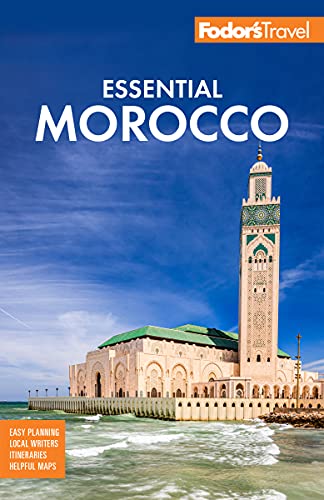Religious Festivals
Since 2000, the high-profile Marrakesh International Film Festival has attracted the glitterati of the international movie world for screenings of Moroccan and international films throughout the city; previous special guests have included Susan Sarandon, Leonardo DiCaprio, and Martin Scorsese. Held in early December, it's the biggest, brightest, and glitziest event of the Marrakesh cultural calendar and attracts movie fans from near and far. Free public screenings are held at the Palais de Congrès, the Cinema Colisée, and Place Djemâa el Fna. For more information, visit the festival's website (www.festivalmarrakech.info).
The brainchild of Vanessa Branson (sister of Richard), the Marrakech Biennale strives to address social issues using the contemporary arts and features talks, exhibitions, and installations throughout the city by Moroccan and international artists. It usually takes place in March, and the next event is anticipated for 2018. See the website (www.marrakechbiennale.org) for details of future events.
Street art and site-specific performance art are the raison-d'être for the annual Awaln'Art Festival (www.awalnart.com), which brings together international artists every April or May to create shows that combine elements of circus, dance, and theater. Events usually take place in public areas such as gardens and streets and all are free.
Ramadan is the holy month of fasting, which lasts approximately 30 days, though the dates vary annually and each year start about 12 days earlier than the previous year; it's the ninth month of the Islamic lunar calendar. Muslims abstain from eating, drinking, and other worldly pleasures between sunrise and sunset. Each evening, the breaking of fast is marked by the l'ftour meal. Occasionally there are special musical concerts arranged in the late evenings to coincide with Ramadan. Visitors can experience l'ftour at several small street cafés in the medina and in Guéliz. Aïd el-Seghrir celebrates the end of Ramadan and is felt largely as a citywide sigh of relief. There are no big festivities, but families get together to share a meal. Aïd el-Kebir, the Day of Sacrifice, is the biggest of the religious celebrations, but has a somber tone; approximately 2½ months after the end of Ramadan, Muslims everywhere observe the last ritual of the pilgrimage to Mecca by slaughtering a sheep. Vegetarians and animal-lovers might want to avoid looking too closely.




